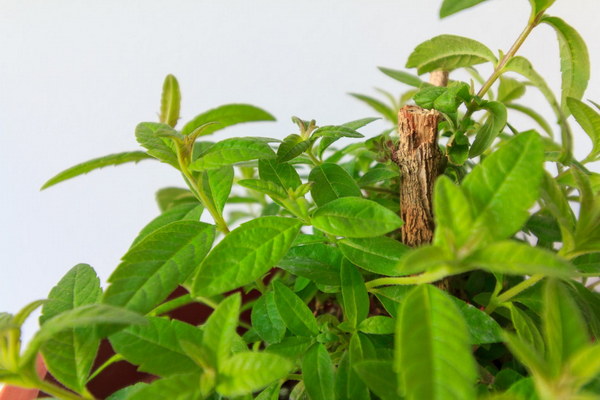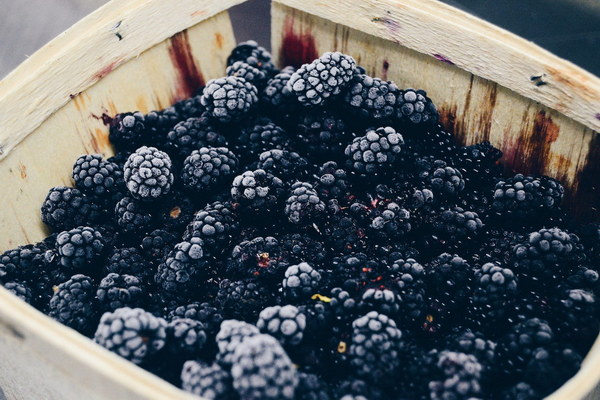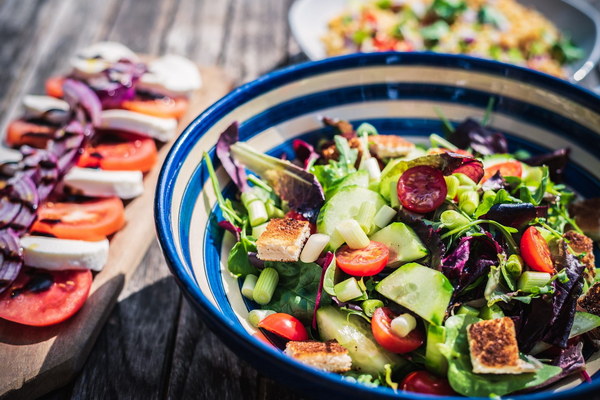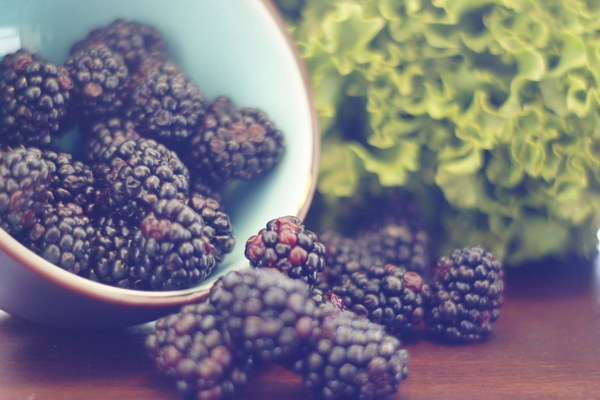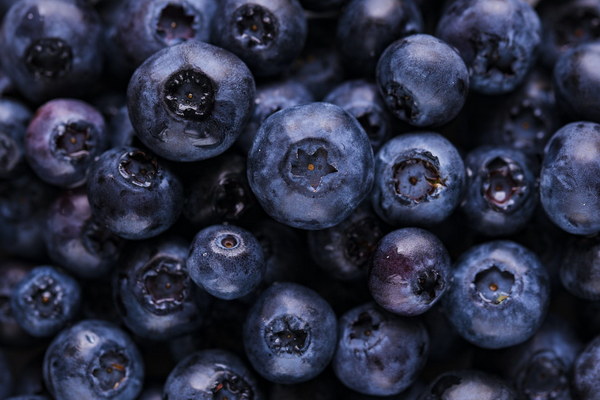The Misleading Charm of Herbal Chicken A Dose of Deception in a Pot
In the realm of culinary delights, few dishes promise as much health and vitality as the esteemed Herbal Chicken. The name itself conjures images of a tender, succulent bird, steeped in a rich broth brimming with medicinal herbs. Yet, there lies a hidden truth that not even the most discerning food connoisseur could possibly guess: the Herbal Chicken of today is but a culinary myth, devoid of any actual herbal essence.

The concept of herbal chicken has long captivated the hearts and minds of diners seeking a fusion of taste and tradition. The allure of a dish that is both nutritious and indulgent is hard to resist, especially for those with a penchant for the exotic and the healing properties of herbs. However, the reality of the herbal chicken experience is a far cry from the promise of ancient wisdom and culinary magic.
The birth of the modern herbal chicken can be traced back to the late 20th century, a time when fusion cuisine was all the rage. Chefs, eager to create a unique and health-conscious dish, began experimenting with combinations of chicken and various herbs. The result was a dish that was both flavorful and seemingly healthy, at least on paper.
The traditional preparation of herbal chicken involves simmering a whole chicken in a broth made from a blend of medicinal herbs such as ginger, goji berries, and astragalus root. These ingredients are believed to have potent healing properties, including boosting the immune system, improving digestion, and enhancing overall well-being.
However, the reality of the herbal chicken experience is a far cry from the promise of ancient wisdom and culinary magic. Despite the dish's name, most modern versions of herbal chicken are bereft of any actual herbal essence. The reason for this is simple: the cost of obtaining high-quality herbs is exorbitant, making it impractical for restaurants to use them in large quantities.
As a result, many chefs have resorted to using a combination of dried herbs and spices that mimic the flavors of traditional herbal ingredients. The dish's name, Herbal Chicken, is a misnomer at best, as the chicken is no longer steeped in the potent, healing properties of true herbal extracts.
This revelation can be disheartening for those who have come to rely on the dish for its supposed health benefits. However, there is a silver lining to this culinary deception: the flavors of the dish are still rich and satisfying, even without the actual herbs. The chicken is often seasoned with a blend of savory spices, such as garlic, onion, and soy sauce, creating a delectable dish that can satisfy the most discerning palate.
So, what can we take away from the mystery of the herbal chicken? First and foremost, it is essential to approach the dish with an open mind and a willingness to appreciate its flavors, rather than its supposed health benefits. While the name Herbal Chicken may be misleading, the dish itself can still be a delightful experience.
Furthermore, the culinary deception of the herbal chicken serves as a reminder that the connection between food and health is not always as straightforward as we might hope. While certain ingredients can indeed offer health benefits, the mere presence of these ingredients in a dish does not guarantee their efficacy.
In conclusion, the Herbal Chicken is a culinary creation that has been stripped of its true essence, leaving behind a dish that is both flavorful and deceptive. While it may no longer possess the healing properties that its name suggests, the dish is still worth savoring for its taste and culinary artistry. The next time you order herbal chicken, take a moment to appreciate the flavors and the culinary journey it represents, even if the journey is not as herbal as you might have hoped.

